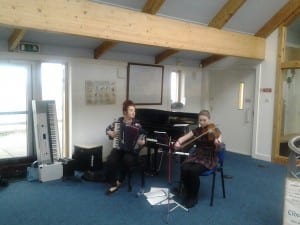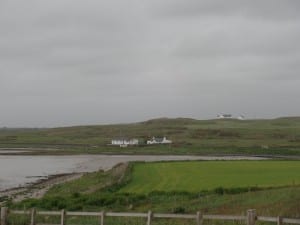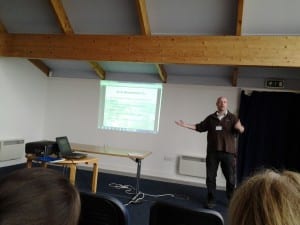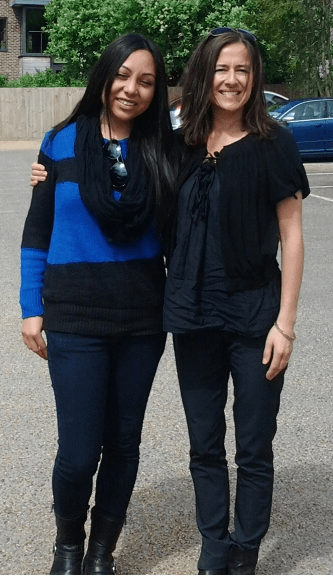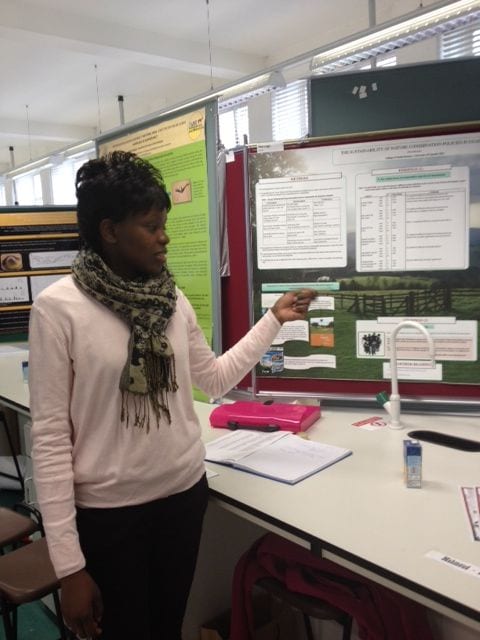
Now that our initial pilot survey has finished, with thanks once again to Pygott and Crone for helping us with our survey, we are seeking funding for a larger study. Preliminary findings suggest that the attractiveness of the countryside has more to do with what is NOT there, rather than what is there. This raises concerns over the vitality of local services and local businesses given that the survey answers indicated that accessibility to other places was also among the most important features that people sought in a new rural home. While we might think we aspire to enjoy the traditional rural way of life, we are all discerning consumers exposed to increasing choices that makes “rural” just one of many attributes competing for our attention.
If the village shop does not have the range or quality of products that we expect, we can go somewhere else. If the village hall does not offer the precise craft or martial art class that we want, our personal preferences increasingly outweigh any community loyalty. This may sound like a lament for the good old days of everyone knowing everybody else in their village but quite the opposite – it is a call for us to move on from this perception which hasn’t been true for decades and maybe never was. In moving on, however, we need to think about what the countryside really means as a place for people to live and in turn what this means for rural business opportunities.
